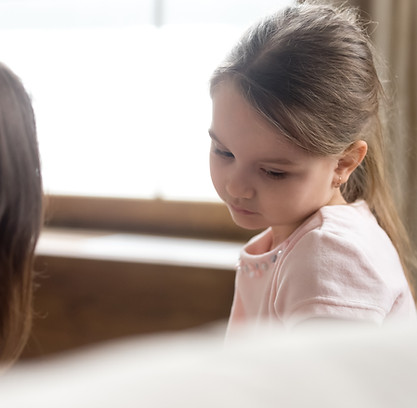Child Therapy
Child therapy, also known as play therapy or child counselling, is a form of therapy that is specifically designed to help children who are experiencing emotional or behavioural problems. Child therapy may involve individual sessions with the child, as well as family sessions in which the therapist works with the child and their parents and family. The therapist creates a safe and supportive environment where the child can engage in play, art, or other activities that encourage self-expression, emotional exploration and skill building.
Child therapy can be helpful for children who are struggling with a wide range of issues, including anxiety, depression, behavioural problems, trauma, grief and loss, and more. It can also be helpful for children experiencing family changes, such as divorce or remarriage, or other challenging life events. The goal of child therapy is to help the child develop new coping skills and strategies, improve their emotional regulation and communication skills, manage and cope with difficult life transitions or experiences and ultimately lead a happier and healthier life.

Adolescent Therapy
Adolescent therapy aims to help teenagers navigate the challenges of adolescence, develop coping skills, and improve their emotional and mental well-being. The therapist will create a safe and supportive environment where the teenager can express their emotions and explore their thoughts and feelings. The therapist may use a variety of techniques, such as cognitive-behavioural therapy, talk therapy, art therapy and family therapy.
Adolescent therapy can be effective for teenagers dealing with a variety of issues, such as depression, anxiety, eating disorders, emotional or behavioural problems, anger management, substance abuse and issues related to gender identity or sexual orientation. It can also be helpful for teenagers experiencing family changes, such as divorce or remarriage, or other challenging life events. The goals of adolescent therapy may include improving the teenager's self-esteem, reducing anxiety and depression, improving relationships with peers and family members, learning about themselves and helping the teenager manage and cope with difficult life transitions or experiences.

